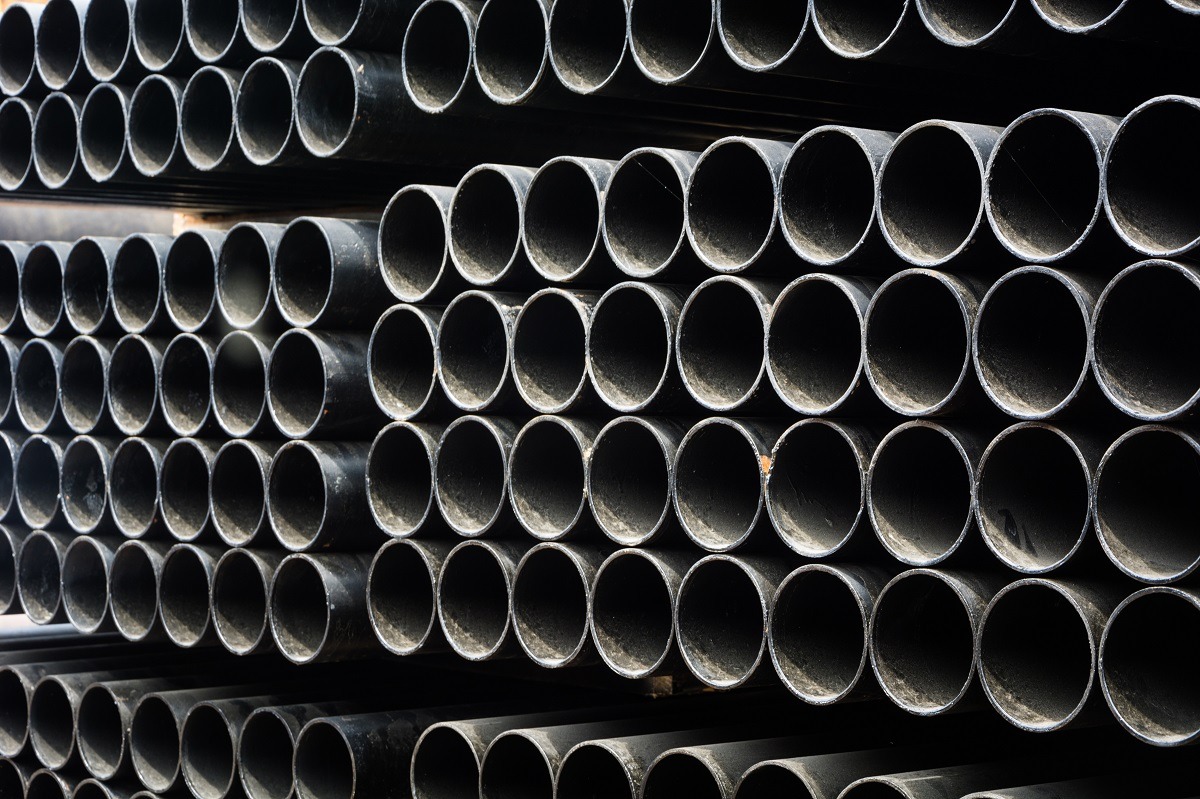Introduction to Steel Coil Uses
Steel coils are an essential material in modern industrial and construction applications, offering versatility, durability, and cost-effectiveness. The demand for high-quality steel has led to a wide range of steel coil uses across multiple sectors. From manufacturing machinery and automotive parts to building structures and infrastructure projects, steel coil uses are extensive and vital. These coils provide uniform thickness, superior strength, and excellent flexibility, making them ideal for fabrication, stamping, rolling, and bending processes. Industries rely on steel coil uses for structural applications, roofing, cladding, pipelines, and machinery components. Additionally, steel coil uses extend to automotive manufacturing, heavy equipment production, and household appliances due to their adaptability and consistent quality. The high tensile strength and corrosion resistance of steel coils make steel coil uses highly dependable for projects that require long-term durability. Engineers and project managers appreciate steel coil uses for their ability to optimize production efficiency while reducing material waste. Whether in industrial machinery or construction frameworks, steel coil uses continue to play a critical role in ensuring reliable and high-performing outcomes.
Steel Coil Uses in Industrial Applications
Steel coils are widely used in industrial settings for machinery, automotive parts, and manufacturing equipment. The uniformity and strength of steel coils make them suitable for stamping, rolling, and forming processes. Automotive manufacturers utilize steel coils to produce chassis, body panels, and exhaust systems, which require high durability and precision. Heavy machinery and equipment manufacturers also rely on steel coils for structural components and load-bearing parts. Steel coil uses in industrial applications are not limited to structural purposes; they also extend to pipelines, storage tanks, and metal enclosures. The flexibility of steel coils allows engineers to cut, shape, and fabricate components according to precise specifications, making steel coil uses highly efficient and cost-effective in production processes.
Steel Coil Uses in Construction
In the construction sector, steel coils play a vital role in building infrastructure, commercial projects, and residential developments. The most common steel coil uses in construction include roofing sheets, wall cladding, and reinforcement materials. Steel coils offer high tensile strength, corrosion resistance, and uniformity, ensuring safety and long-term durability in buildings and bridges. They are also used for constructing pipelines, metal frames, and structural supports. The adaptability of steel coils allows architects and engineers to implement complex designs while maintaining structural integrity. Moreover, steel coil uses in construction extend to both indoor and outdoor applications, where coated or galvanized steel coils provide protection against weathering, rust, and wear.
Specialized Steel Coil Uses
Beyond general industrial and construction applications, steel coils have specialized uses that cater to niche sectors. In the automotive industry, steel coil uses include producing precision components for engines, suspension systems, and safety mechanisms. In aerospace applications, steel coils are used for manufacturing lightweight, high-strength structural parts that can withstand extreme conditions. Additionally, steel coils find applications in shipbuilding, energy sectors, and electrical equipment manufacturing. Their adaptability to different coatings, thicknesses, and alloys makes steel coil uses highly versatile and essential in advanced industrial technologies.
Why Choose Us for Steel Coil Uses
Our company provides premium steel coils that meet the highest standards for industrial and construction applications. We specialize in supplying steel coils tailored for a variety of steel coil uses, ensuring superior strength, durability, and precision. Each steel coil undergoes stringent quality control procedures, including tensile testing, dimensional inspections, and surface quality checks. By choosing us, you gain access to steel coils that comply with international standards such as ASTM, ISO, and EN, making them reliable for demanding industrial and construction projects. We also offer customization in terms of width, thickness, alloy composition, and surface coating, allowing you to meet specific requirements for your steel coil uses. Our commitment to quality, consistency, and technical support ensures that every steel coil you purchase is perfectly suited for its intended application.
Benefits of Steel Coil Uses
- Durability: High-strength steel ensures longevity and resistance to wear and tear.
- Versatility: Suitable for a wide range of industrial and construction applications.
- Precision: Uniform thickness and quality allow for accurate fabrication and assembly.
- Cost-Efficiency: Continuous coils reduce waste and optimize production efficiency.
- Corrosion Resistance: Coated or galvanized steel coils withstand harsh environmental conditions.
Quality Assurance for Steel Coil Uses
We ensure that all steel coils supplied for various steel coil uses adhere to rigorous quality standards. Mechanical testing, chemical composition verification, and surface inspections guarantee reliable performance in industrial and construction projects. Compliance with global standards ensures that our steel coils meet the safety, durability, and efficiency requirements necessary for critical applications. By focusing on quality assurance, we provide steel coils that support long-term reliability and optimal performance in all steel coil uses.
FAQs About Steel Coil Uses
1. What are the main steel coil uses?
Steel coils are used in manufacturing, construction, automotive, shipbuilding, and machinery applications, offering strength and versatility.
2. Can steel coils be customized for specific uses?
Yes, steel coils can be tailored in thickness, width, length, alloy composition, and surface coating to meet specific industrial or construction needs.
3. Why are steel coils important in construction?
Steel coils provide uniform strength, corrosion resistance, and flexibility, ensuring safe and durable building structures.
4. Are steel coils suitable for automotive applications?
Absolutely. Steel coil uses in the automotive industry include producing body panels, chassis, engine components, and exhaust systems.
5. How do steel coils benefit industrial manufacturing?
They allow for precision fabrication, minimize material waste, and enhance the strength and durability of machinery and equipment components.
Conclusion
Steel coil uses are diverse and critical in industrial, construction, and specialized applications. From structural supports in buildings to precision components in automotive and aerospace industries, steel coils provide unmatched durability, strength, and versatility. By choosing high-quality steel coils for your steel coil uses, you ensure optimal performance, long-term reliability, and cost-effective production. Our commitment to quality, customization, and technical support makes us a trusted supplier for industries seeking superior steel solutions. Premium steel coils empower projects across sectors, offering efficiency, safety, and superior performance in every application.



